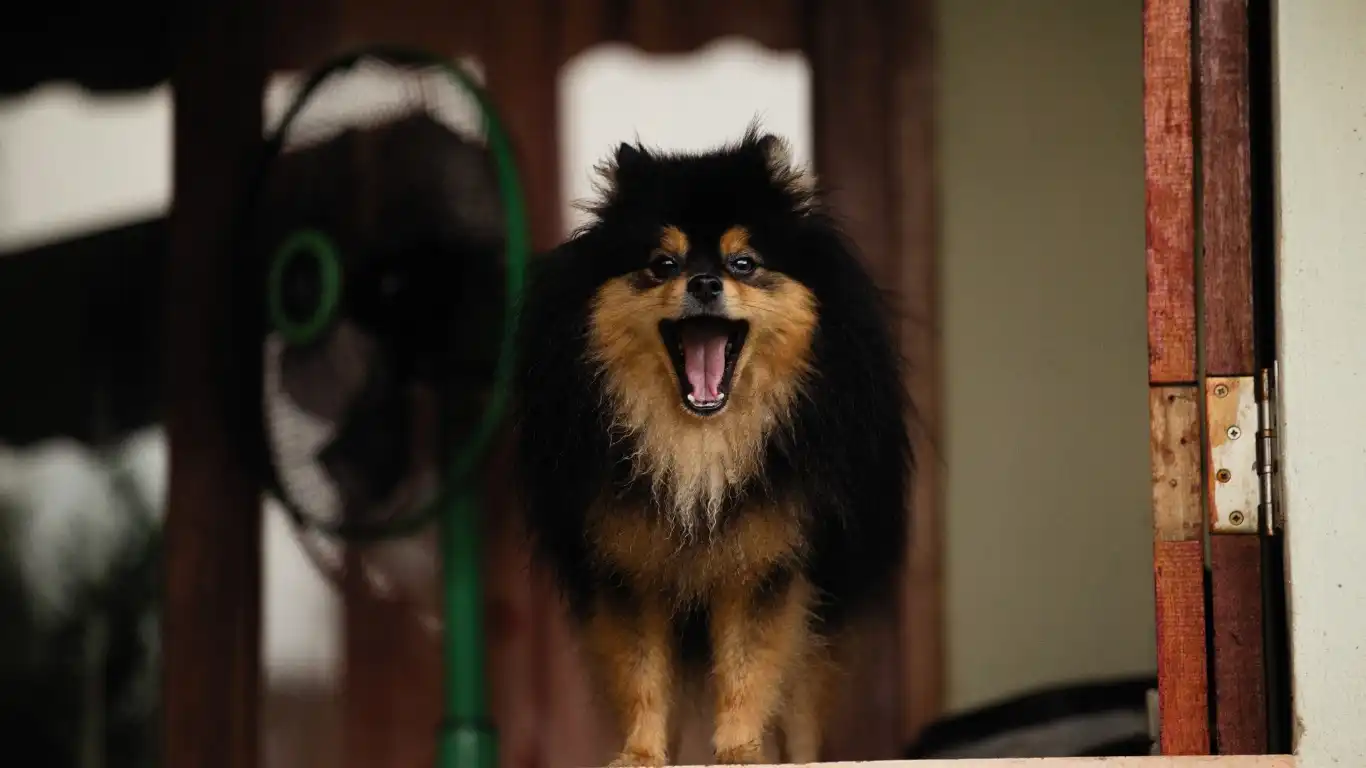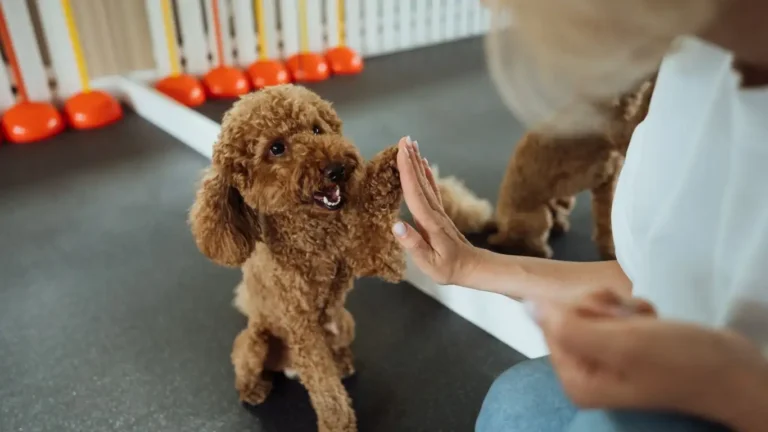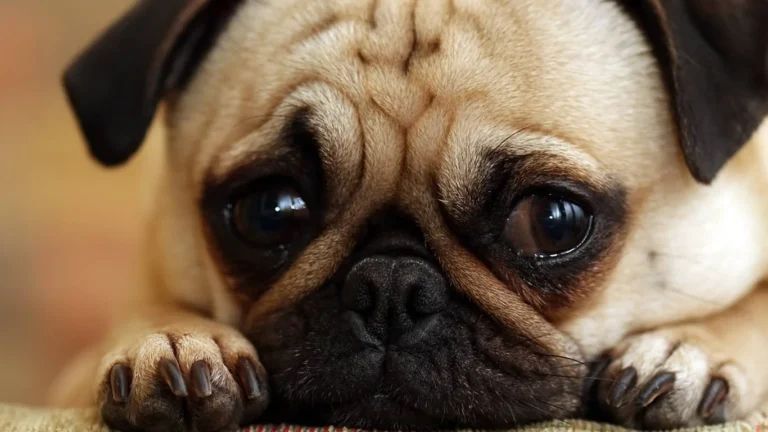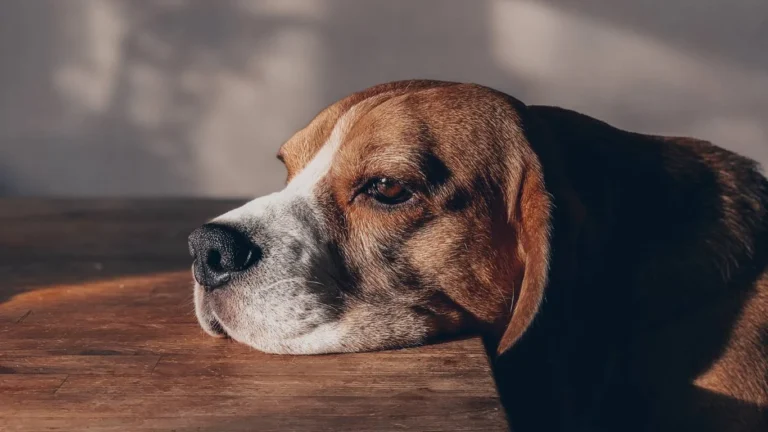How to Stop a Dog from Eating Poop: Proven Methods to Tackle Coprophagia
As a Veterinary Technician specializing in nutrition, I’ve seen it all when it comes to quirky dog behaviors, but one that never fails to raise eyebrows is coprophagia—or simply, eating poop. If you’re here wondering how to stop a dog from eating poop, you’re not alone. This behavior can be frustrating and even downright gross for pet owners. But before you throw in the towel, it’s important to understand that coprophagia is actually a fairly common issue that can have a variety of causes, ranging from nutritional deficiencies to behavioral problems. Let’s dive into why dogs eat poop and, more importantly, what you can do to stop it.
Understanding Coprophagia: Why Do Dogs Eat Poop?
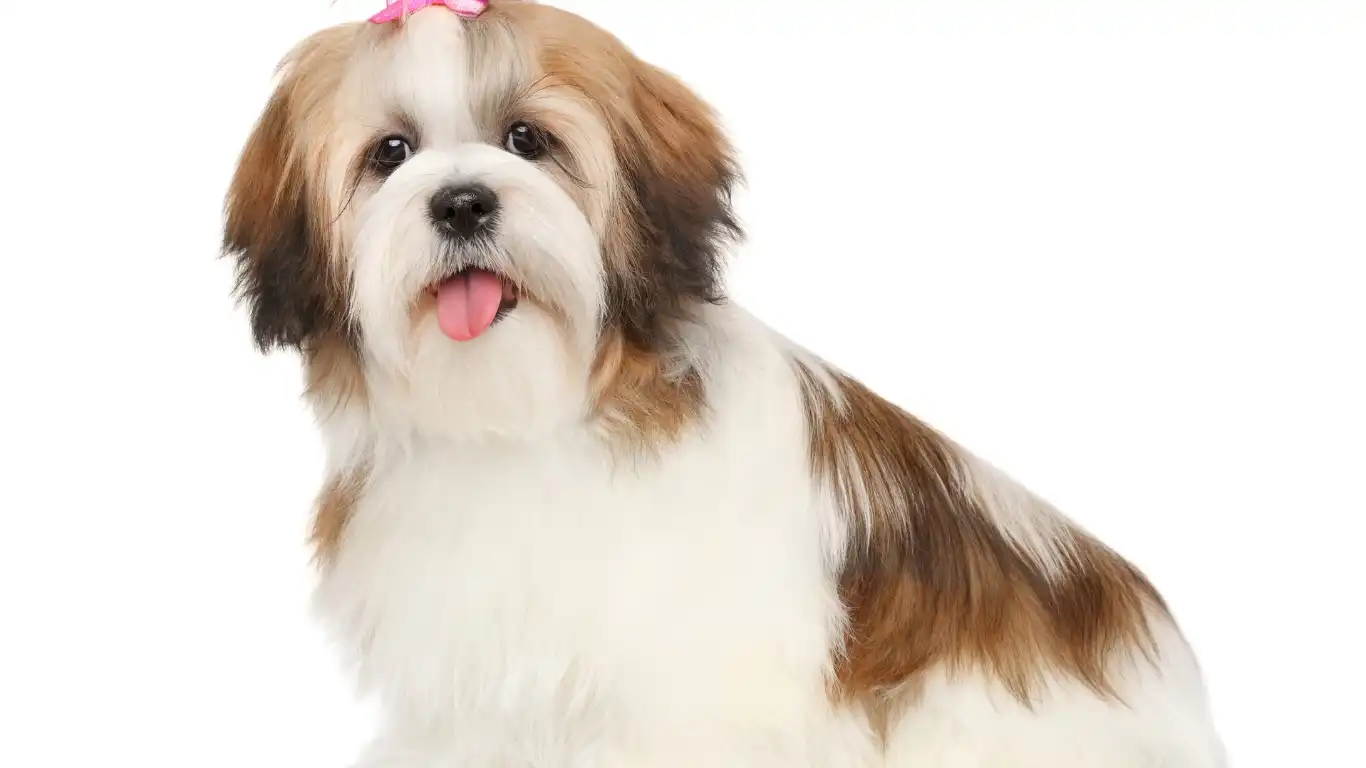
First things first: why do dogs eat poop? The answer isn’t always straightforward, and it often varies from dog to dog. As a vet tech, I’ve learned that there are several potential reasons behind this behavior, and it’s usually a combination of factors. Here are a few of the most common:
1. Nutritional Deficiencies
One of the first things I look into when I encounter a dog with coprophagia is whether their diet is balanced. Dogs, like people, need a variety of nutrients to stay healthy. If a dog isn’t getting the right amount of nutrients—whether it’s protein, fiber, or even specific vitamins or minerals—they may instinctively seek out additional sources of nutrition. And for some dogs, that means eating their own feces or even the feces of other animals.
In my personal experience, dogs with food allergies or sensitivities can also be more prone to coprophagia. These dogs may not be able to absorb all the nutrients from their food, which can lead them to eat poop as a way to try and “fill the gap.” If you suspect that your dog’s diet may be the culprit, it’s a good idea to consult with your vet or a nutritionist who can help you design a balanced meal plan tailored to your dog’s specific needs.
2. Stress or Anxiety
Just like humans, dogs can experience anxiety and stress, which can lead to unusual behaviors, including poop eating. I’ve seen dogs who only exhibit coprophagia during stressful times, like when they’re left alone, when there’s a change in their routine, or when there are unfamiliar visitors in the home. If your dog is eating poop because of anxiety, it’s essential to address the underlying stressors.
As a practical example, I once worked with a dog who started eating poop after being moved to a new home. The stress of the new environment triggered the behavior, but once the owners worked on establishing a consistent routine and gave the dog plenty of reassurance, the poop-eating behavior gradually stopped. If you think stress might be the cause, try to identify any triggers and work with a professional behaviorist if needed.
3. Boredom or Lack of Stimulation
Dogs need mental and physical stimulation to stay happy and healthy. A bored dog may start to engage in odd behaviors to pass the time, and eating poop can unfortunately become one of those behaviors. I’ve seen this especially with high-energy dogs who don’t get enough exercise or mental enrichment. If your dog is not getting enough playtime, walks, or puzzle toys to engage their mind, they may resort to less-than-pleasant activities like coprophagia.
One thing I always recommend to owners struggling with this issue is to add more variety to their dog’s daily routine. Even a 30-minute walk or a few minutes of training can help break up the monotony. Another great option is puzzle feeders or interactive toys that challenge your dog mentally, keeping them engaged and distracted from the temptation of poop eating.
4. Medical Issues
In some cases, poop eating can be a sign of an underlying medical problem. Dogs with conditions like parasites, diabetes, or malabsorption disorders may feel hungrier than usual, leading them to scavenge for food—even in the form of poop. If your dog suddenly starts eating poop, especially if it’s a new behavior, it’s worth having them checked by a vet to rule out any medical causes.
In my experience, when a dog with a health issue starts eating poop, it’s often accompanied by other symptoms, such as weight loss, vomiting, or changes in appetite. If you notice any of these signs, don’t hesitate to bring your dog in for a check-up. A simple blood test or stool sample can often uncover potential problems.
How to Stop a Dog From Eating Poop: First Steps
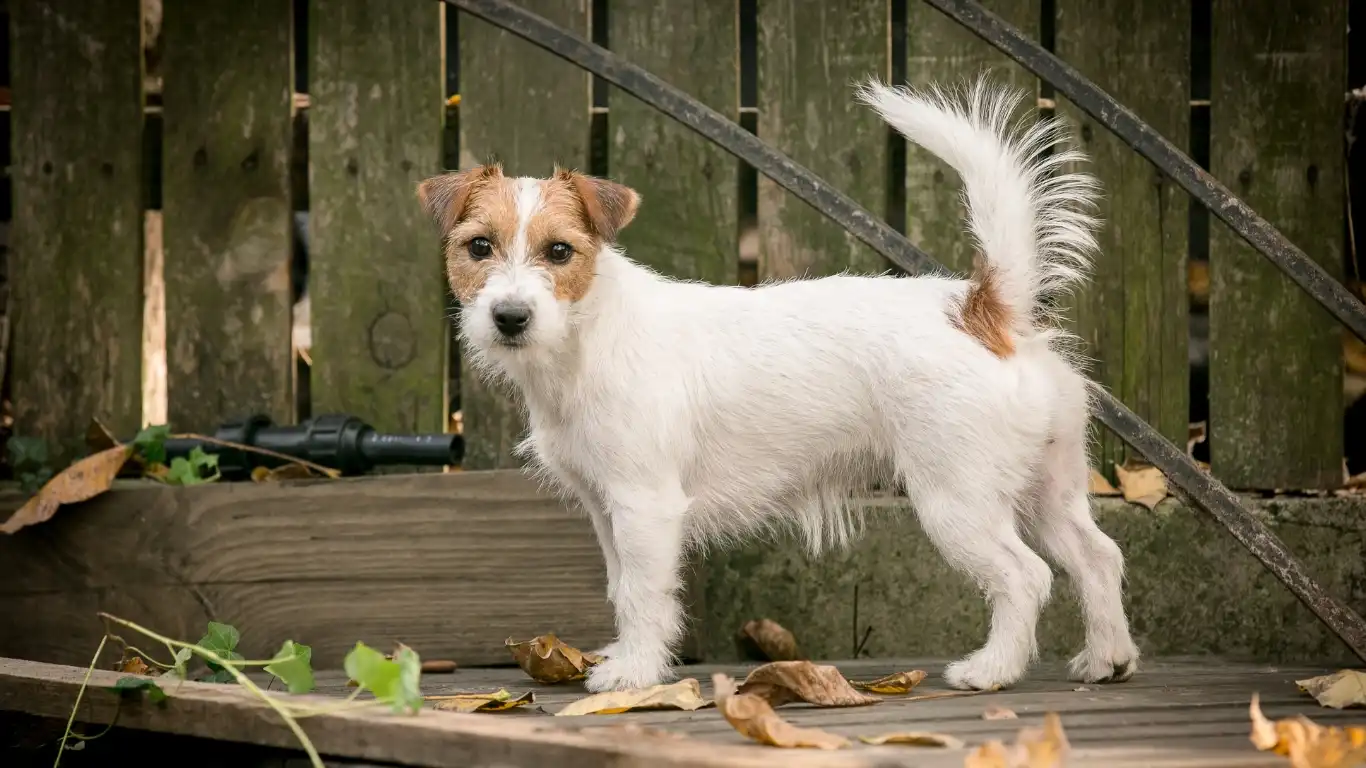
Now that we’ve covered why dogs eat poop, let’s talk about what you can do to stop the behavior. There’s no one-size-fits-all solution, but there are several strategies that have worked for many pet owners in my experience. The key is to be consistent, patient, and proactive. Here are a few first steps to consider:
1. Make Sure Your Dog’s Diet Is Balanced
If you suspect that nutritional deficiencies might be at the root of the problem, the first step is to review your dog’s diet. Make sure that they’re getting a high-quality, well-balanced food that’s appropriate for their age, size, and activity level. If you’re unsure, reach out to a vet nutritionist for recommendations tailored to your dog’s specific needs. In some cases, adding a supplement or switching to a different food brand may solve the problem.
2. Increase Mental and Physical Stimulation
If boredom or lack of exercise is contributing to your dog’s poop-eating behavior, try to increase their daily activity. Long walks, play sessions, and interactive toys can provide both physical and mental stimulation. For example, you can hide treats around the house or yard and encourage your dog to search for them. This not only entertains them but also engages their natural instincts, keeping them occupied and less likely to engage in unwanted behaviors.
3. Address Stress and Anxiety
If stress is the issue, take a closer look at what might be causing anxiety in your dog’s life. A change in environment, a new pet, or even loud noises can trigger stress. Consider using calming aids like pheromone diffusers or anxiety wraps, or work with a behaviorist who can help you desensitize your dog to stressful situations.
4. Clean Up Quickly
One of the simplest things you can do to stop a dog from eating poop is to make sure that poop is cleaned up immediately after your dog goes outside. If there’s no poop available to eat, your dog can’t eat it! It may sound obvious, but it’s a quick and effective way to prevent the behavior.
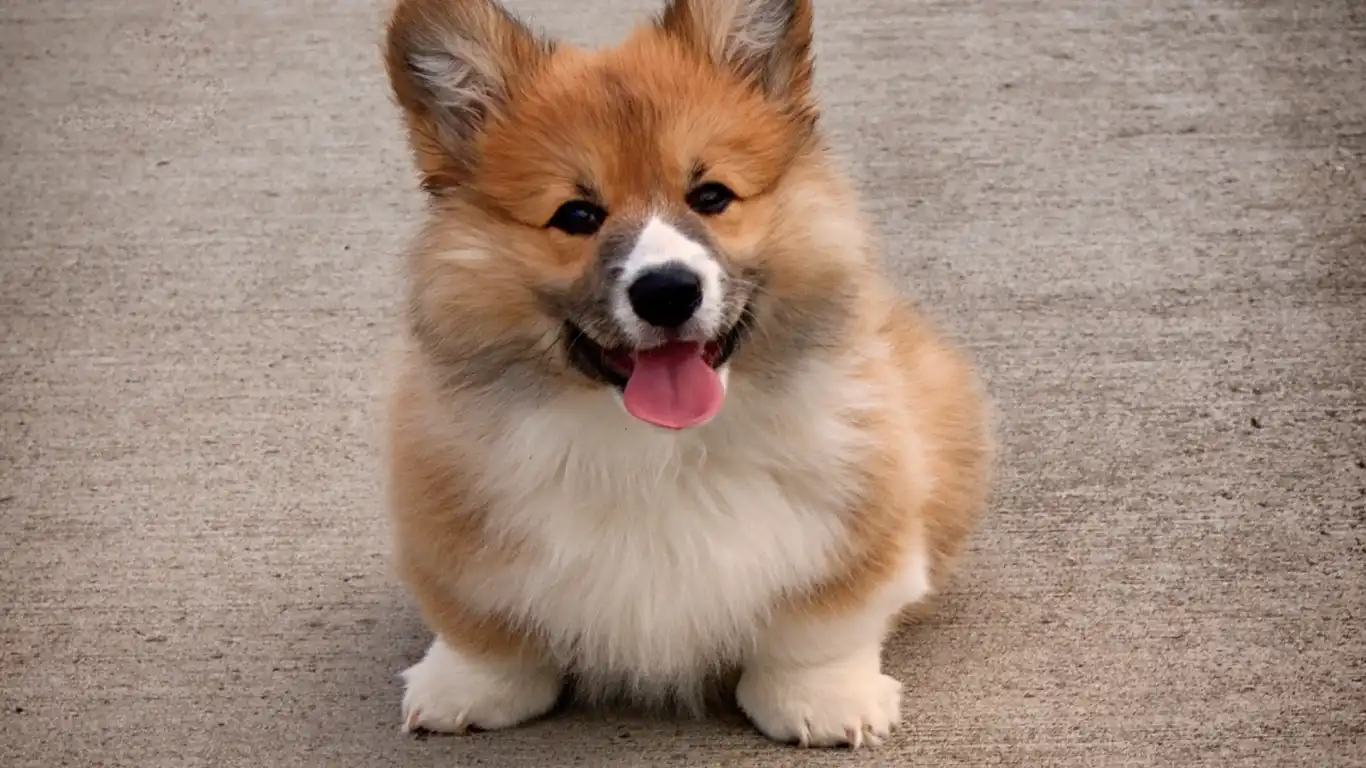
Stopping your dog from eating poop takes time, patience, and consistency, but with the right approach, you can make it happen. Whether it’s adjusting their diet, increasing their exercise, or addressing anxiety, there are plenty of ways to tackle this issue. And always remember—don’t hesitate to reach out to your vet for help. They’re there to support you in finding the best solution for your dog’s health and well-being.
Training Tips: How to Stop a Dog From Eating Poop
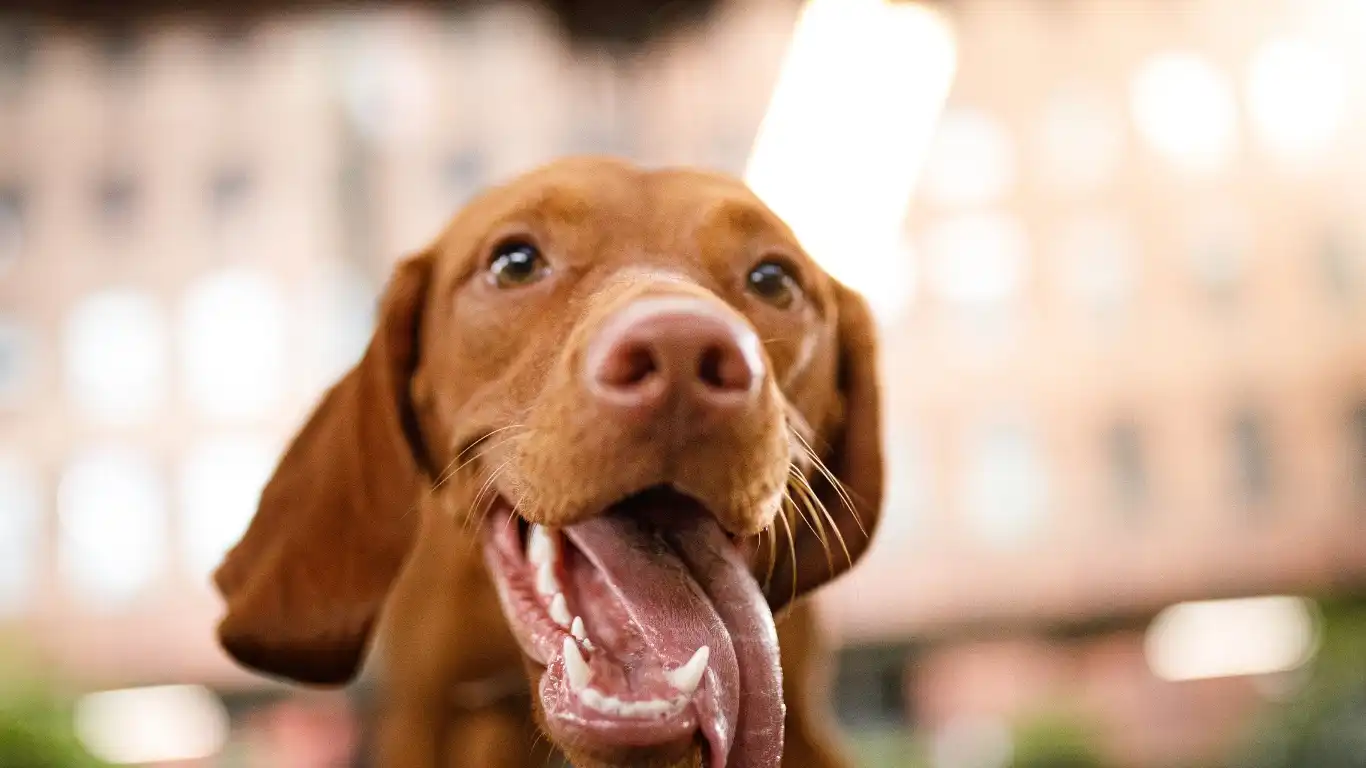
If you’re dealing with a dog who has a poop-eating habit, you’re probably wondering what you can do from a training perspective to stop it. While addressing the underlying cause (whether it’s medical, nutritional, or behavioral) is important, there are also practical training strategies you can implement that will help break the cycle. As a veterinary tech, I can tell you that consistent training paired with other solutions can lead to success. Here are some tried-and-tested methods to help curb your dog’s coprophagia habit:
1. Use Positive Reinforcement
Positive reinforcement is one of the most effective ways to train a dog and encourage good behavior. When your dog successfully avoids eating poop, make sure to reward them with praise, treats, or a favorite toy. This will help them understand that ignoring the poop is a behavior that gets them something good!
One method I often recommend to clients is the “Leave It” command. It’s a simple command that teaches your dog to leave something alone when you ask. Start by practicing it in low-distraction environments and gradually increase the level of difficulty by using actual poop in the mix. When your dog walks away from the poop and listens to your “leave it” command, immediately reward them with praise or a treat. Over time, your dog will associate ignoring poop with positive outcomes.
2. Distract and Redirect
Sometimes, all your dog needs is a distraction to break the cycle. If you catch them in the act of eating poop, redirect their attention immediately with a command like “sit” or “come,” followed by a fun game or a treat. The goal is to stop them before they consume the feces, which can help prevent the habit from taking root in the first place.
One of the easiest ways to do this is to keep your dog on a leash when they’re outside in the yard. This gives you more control, so you can quickly pull them away from any poop they try to eat. Make sure to keep your voice calm and positive so the experience doesn’t turn into a negative association with outdoor time.
3. Redirect with a Fun Alternative
If your dog tends to eat poop when they’re bored or seeking attention, it can help to provide a fun alternative. You can use interactive toys, such as puzzle feeders, to keep them occupied. These toys encourage your dog to work for their food, mentally stimulating them and making the act of eating much more engaging. When they’re focused on a puzzle toy, they’re less likely to focus on poop!
Another great way to redirect their behavior is to introduce scent-based activities. Hide some treats around the yard or house and encourage your dog to “search” for them. This gives them an outlet for their natural scavenging instincts, without the gross factor of eating poop!
Environmental Modifications: Setting Your Dog Up for Success
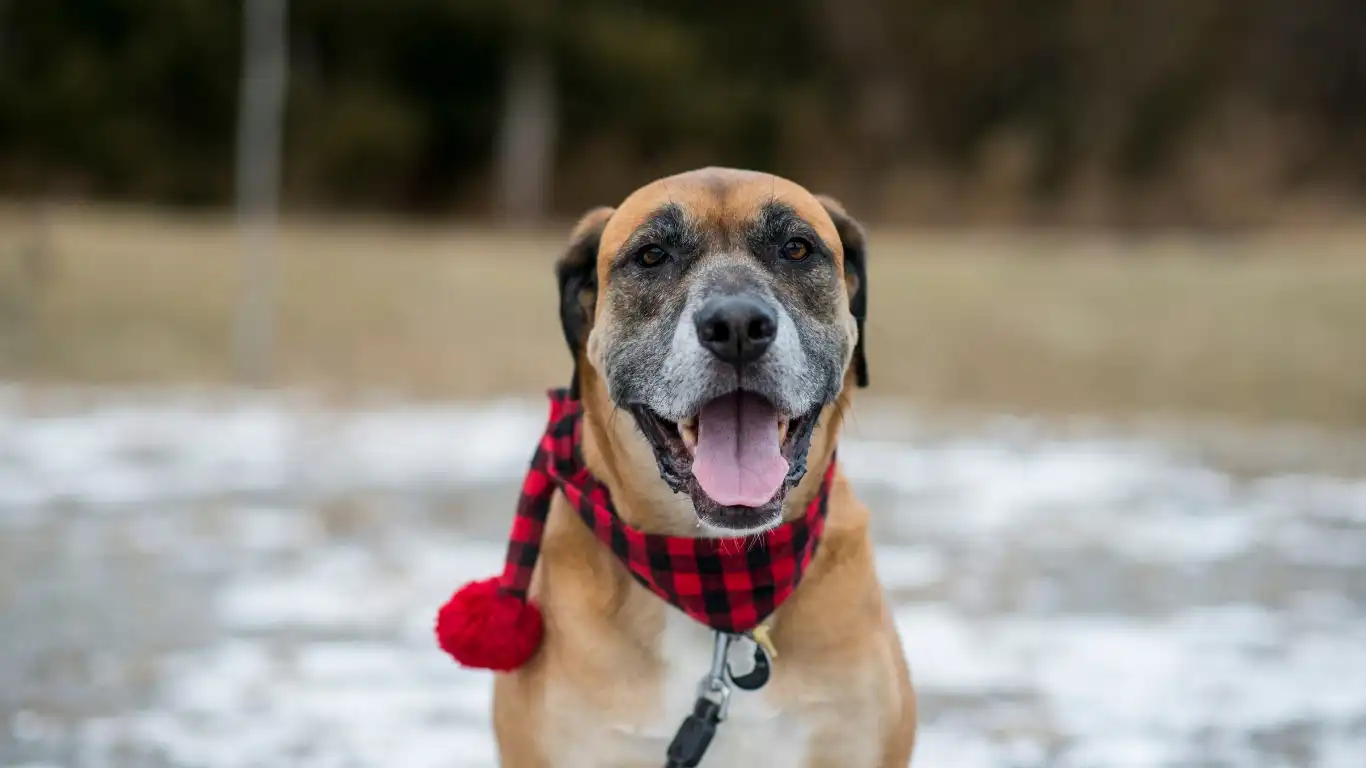
Sometimes, you need to make changes to your dog’s environment to set them up for success. Making the yard or living space less conducive to poop eating can significantly reduce the chances of the behavior occurring. Here are a few modifications you can make:
1. Clean Up Poop Quickly
As simple as it sounds, one of the easiest ways to stop your dog from eating poop is to prevent access to it. Get into the habit of cleaning up your dog’s poop immediately after they go. This way, there’s no temptation for your dog to snack on it later.
I know it can be a hassle, especially in the colder months or when you’re in a rush, but keeping the area clean is a huge part of solving this problem. If you’re really busy or have multiple dogs, consider setting up a regular schedule for yard cleanups to make it part of your routine.
2. Use a Dog-Proof Poop Barrier
If your dog is consistently eating poop during walks or when you’re out in the yard, you may want to consider using a physical barrier. A dog-proof poop barrier is simply a fenced area where they can go to do their business without having access to areas where other animals may have left their waste behind. You can also create a designated bathroom area where your dog’s poop will stay contained until you’re able to clean it up.
Another option is using a belly band or “poop bag” attachment when you’re outside. While it’s a bit unconventional, these products can keep your dog from reaching the poop and getting into it before you have a chance to intervene. It’s not the most glamorous solution, but it can be a temporary measure while you work on training.
3. Supervise Outdoor Time
Another effective environmental strategy is supervision. If your dog is prone to eating poop, it’s best to supervise them closely when they’re outside. I’ve worked with several clients who have found that simply keeping a closer eye on their dog during outdoor bathroom breaks has made a noticeable difference. If they start heading toward the poop, you can quickly redirect them before they get a chance to eat it.
Even if you’ve trained your dog well, some dogs will still fall back into the behavior when they’re unsupervised. So, try using a leash or long line when you’re out in the yard, especially if you’re not sure of their behavior in a specific area.
Medical Interventions: When to Consult Your Vet
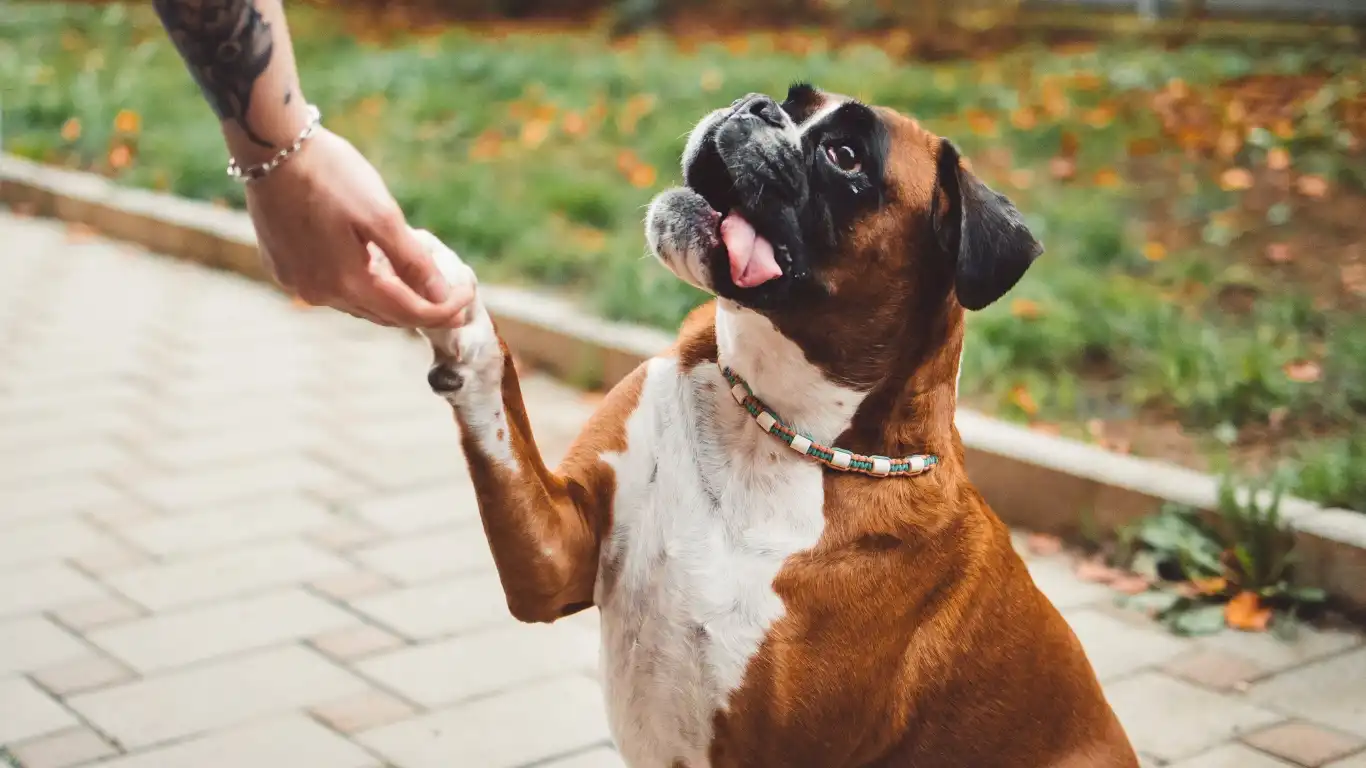
If you’ve tried the above strategies and nothing seems to work, or if the poop-eating behavior is getting worse, it may be time to consult with a vet. In some cases, underlying medical conditions could be contributing to the problem. Here’s when you should consider seeking professional help:
1. Sudden Onset of Coprophagia
If your dog has never had an issue with eating poop, but suddenly starts doing it, this could be a sign of an underlying health problem. Medical issues like parasites, diabetes, or malabsorption disorders can cause a dog to feel hungrier than usual, which might lead them to seek out unusual food sources. If this happens, it’s important to get your dog checked out by a veterinarian to rule out any medical causes.
2. Weight Loss or Other Symptoms
Another reason to visit your vet is if your dog is losing weight, vomiting, or showing other signs of illness while engaging in coprophagia. This could indicate a more serious issue that requires professional attention. In these cases, your vet may run tests to check for gastrointestinal issues, nutrient deficiencies, or other medical conditions that could be causing the behavior.
Remember, when it comes to your dog’s health, it’s always better to be safe than sorry. A simple vet visit could save you a lot of time and frustration in the long run, and get your dog back on track toward a healthier, poop-free life!
How to Prevent Coprophagia: Long-Term Solutions
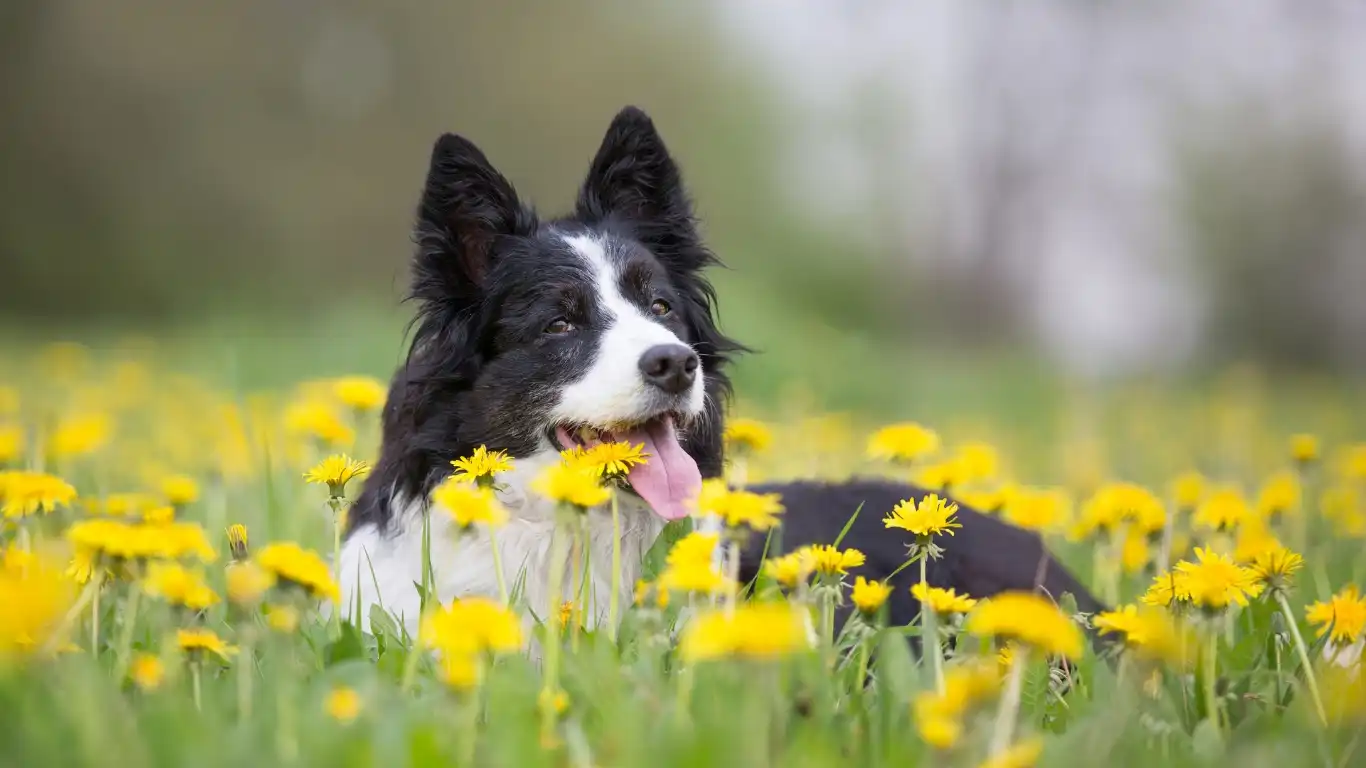
If you’ve successfully tackled the poop-eating problem, congratulations! But even if your dog has stopped eating feces, it’s important to take steps to ensure it doesn’t become a recurring issue. Coprophagia can be persistent, especially if the behavior has become ingrained over time. In this section, I’ll walk you through some long-term solutions that will help prevent the behavior from coming back. Based on my experience working with various pets, consistency and routine are key to maintaining success.
1. Keep Your Dog’s Environment Consistently Clean
Now that your dog has learned not to eat poop, it’s essential to keep their environment clean to reinforce this behavior. It may sound simple, but keeping the yard, outdoor space, and even indoor spaces clean of poop can go a long way in preventing your dog from slipping back into this habit.
It’s easy to overlook, but cleaning up your dog’s waste quickly, especially after walks or in the yard, removes the temptation. If your dog does have access to areas where other animals might leave their droppings (like parks or neighborhoods with stray animals), try to supervise them closely. During walks, I recommend carrying poop bags with you and disposing of any waste as soon as possible.
2. Maintain Regular Vet Checkups
In my years of working in animal care, I can’t stress enough how important regular veterinary visits are—especially if your dog has a history of coprophagia. Your vet can perform routine checkups to ensure your dog’s health is on track and spot any underlying issues early. Whether it’s parasites, allergies, or something else, regular checkups are crucial for preventing any health-related setbacks that might trigger the behavior.
Besides health checks, your vet can also advise you on the right supplements, nutritional changes, or even behavioral strategies if they notice something unusual. If you’ve been working on behavior modification but still haven’t seen much improvement, it may be time to consult your vet to rule out any recurring medical causes.
3. Continue Reinforcing Positive Behaviors
Even once you’ve successfully trained your dog not to eat poop, it’s important to keep reinforcing positive behaviors. You’ve laid the groundwork, but as with any form of dog training, consistency is key. Continue using the positive reinforcement techniques that have worked for you—whether it’s treats, praise, or extra playtime. Rewarding your dog every time they avoid poop will strengthen their understanding that poop avoidance is a good thing.
As a personal tip, I’ve seen many owners try to phase out the treats too early. However, continuing to reward your dog intermittently can keep the behavior fresh in their mind and help them stay motivated. You don’t need to do it every time, but regular rewards will help reinforce the habit long term.
When to Seek Professional Help
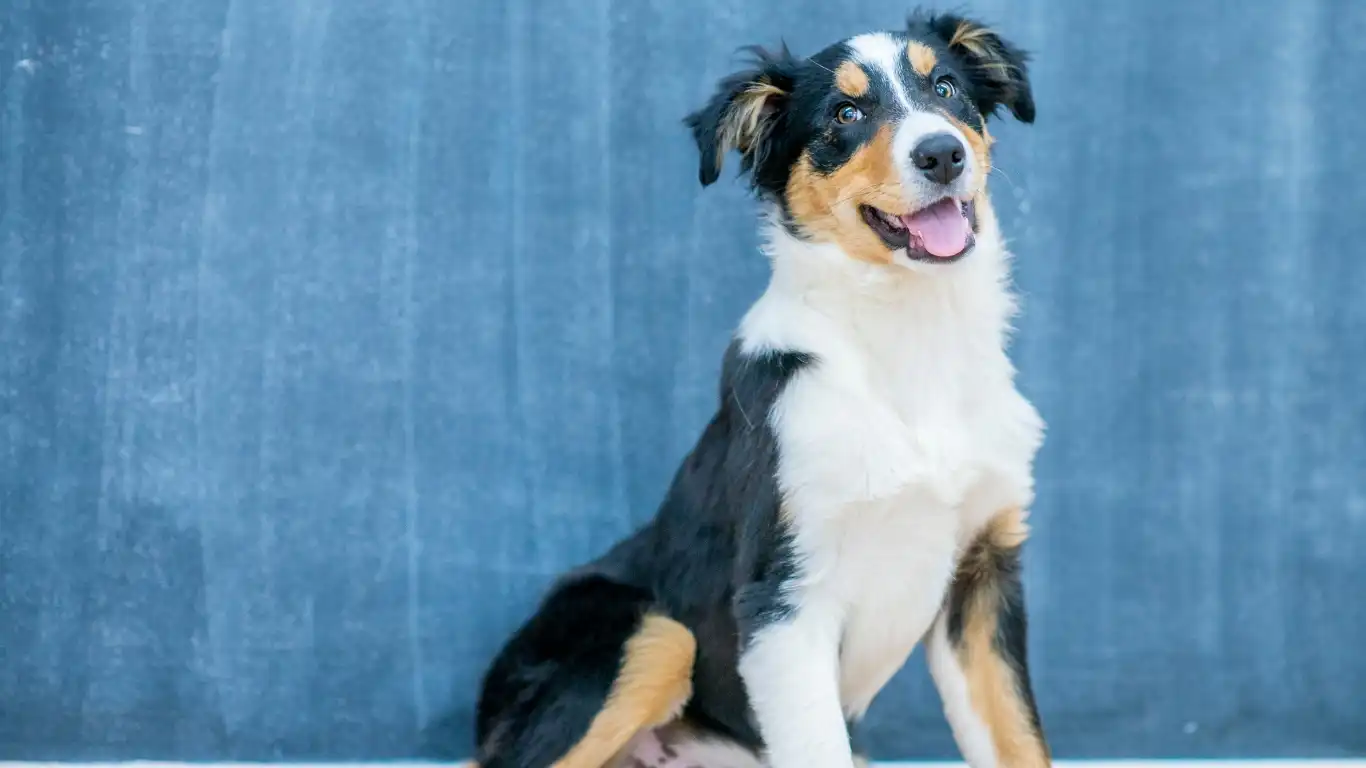
Despite your best efforts, there may still be instances when you need to seek professional help. As a vet tech, I can say that in some cases, poop-eating behavior is deeply rooted in anxiety, behavioral issues, or underlying health problems that require intervention beyond typical home remedies.
1. Behavioral Therapy
If your dog’s coprophagia is not responding to the usual behavioral strategies, a professional dog trainer or animal behaviorist might be necessary. A trained behaviorist can assess your dog’s unique situation and tailor a training plan that’s specific to their needs. They’ll take into account the dog’s temperament, environment, and any potential anxiety triggers that may be influencing the behavior.
During behavior modification sessions, the trainer will work closely with you to develop a step-by-step plan that can effectively reduce or eliminate the poop-eating behavior. This might include techniques such as desensitization or counter-conditioning, which help change your dog’s emotional response to poop.
2. Veterinary Consultation for Persistent Health Issues
If your dog’s poop-eating persists despite your best efforts with training and environmental modifications, there could still be an underlying medical issue that needs addressing. If your dog is still eating feces after you’ve made dietary improvements and implemented training, I recommend scheduling a thorough examination with your veterinarian. Health problems like gastrointestinal issues, parasites, diabetes, or even hormonal imbalances can sometimes lead to behaviors like coprophagia.
Your vet may run blood tests, stool samples, or even recommend x-rays or ultrasounds if they suspect a more serious condition. It’s always better to err on the side of caution when your dog’s behavior doesn’t improve, and a full health check can give you peace of mind or allow for early intervention if needed.
References & Additional Resources
If you’re still looking for more information on coprophagia or related dog health topics, here are some trusted resources you can consult:
- PetMD: A trusted source for expert advice on various dog health and behavior issues, including coprophagia.
- American Kennel Club (AKC): Offers great tips on dog training, health, and behavior, including preventing poop eating.
- National Institutes of Health (NIH): A reliable resource for health-related information and research, including behavioral studies in animals.
Remember, coprophagia is a common behavior that many dog owners face, but it’s also one that can be managed with the right approach. With patience, consistency, and the right strategies, you can help your dog stop eating poop and set them up for a healthier, happier life. Whether it’s making diet changes, increasing exercise, or seeking professional help, there are always solutions available.
Disclaimer: This article is intended for informational purposes only and should not be considered a substitute for professional veterinary advice, diagnosis, or treatment. Always consult with your veterinarian for any health-related concerns regarding your dog.
